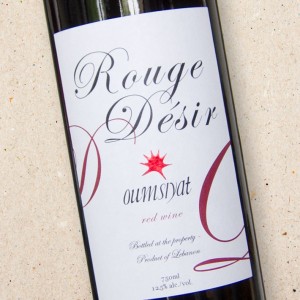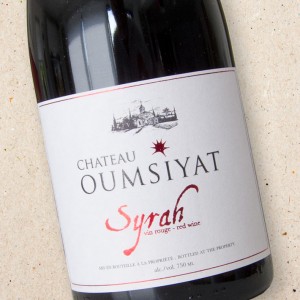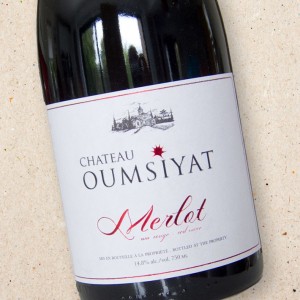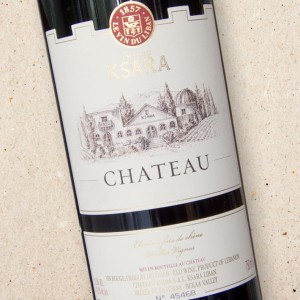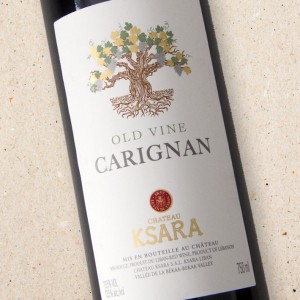Château Ksara Cuvée de Printemps 2022
This quaffable red has lifted aromas of juicy red cherries and strawberries, complemented by supple tannins and pretty violet notes on the finish.
Château Ksara have 440 hectares of vines, split over 10 different vineyards, all of which are in the central and western Bekaa Valley. The climate is classically Mediterranean, with warm and dry summers and cool, wet winters and the vineyards are at an average altitude of 1,000 metres, ensuring that the warm days are followed by cool evenings. No pesticides or herbicides are used on the vineyards, which are farmed almost organically. The soils are a mixture of clay, clay and chalk or clay and limestone depending on site, but all have a high content of stones.
The whole bunches were fermented using semi-carbonic maceration in stainless steel tanks to retain a fresh primary fruit character. The wine was bottled at the beginning of April.
| RRP | £17.50 |
| Vintage | 2022 |
| Alcoholic strength | 13% |
| Country | Lebanon |
| Region | Bekaa Valley |
| Grapes | Gamay 75%, Tempranillo 25% |
| Residual sugar (g/l) | 1.3 |
| Contains sulphites | Yes |
| Vegetarian | Yes |
| Vegan | Yes |
| Milk | No |
| Eggs | No |
| Organic | No |
| Biodynamic | No |
| Closure | Cork |
Château Ksara is Lebanon's oldest winery. Its traditions can be traced back to 1857 when a group of Jesuit monks acquired the property. The Jesuits applied their knowledge of science and agriculture to plant French vines as well as developing two kilometres of Roman caves that proved ideal for the storage of wine. The Jesuits sold the winery to its current owners in 1973. Ksara is now the most modern winery in the region as well as the largest producer in the country. Their annual production is over 2.8 million bottles and they sell their wines in more than 40 countries worldwide. Château Ksara is certified ISO 9001 and ISO 2200.00 for its viticulture, production and sales guaranteeing quality and consistency year on year.
Ksara's vineyards are located in the central and western Bekaa Valley at high altitudes. The Bekaa enjoys dry summers and has the advantage of its own natural water table, courtesy of the melting snow that runs off the Lebanon and AntiLebanon mountain ranges; therefore no irrigation is needed in the vineyards. The slopes on either side of the valley and the valley itself create a unique microclimate in which the cool nights compensate for the hot summer days.








